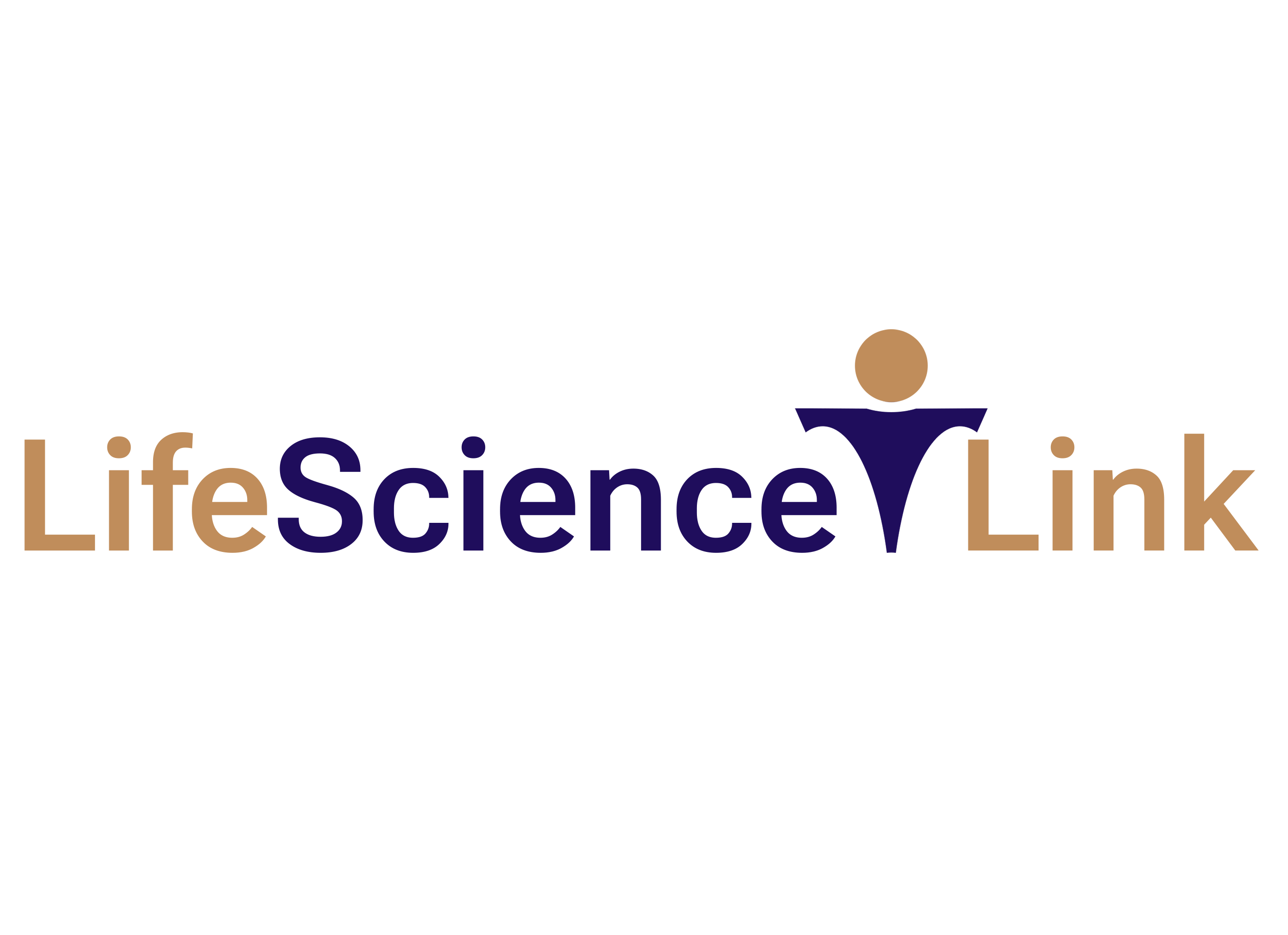Why Soft Skill interviews are important
In today’s competitive job market, possessing strong soft skills is just as essential as technical expertise. Soft skills, such as communication, problem-solving, teamwork, adaptability, and leadership, are the personal attributes that enable individuals to effectively navigate their professional lives. As a result, employers are placing greater emphasis on evaluating these skills during the interview process.
What are Soft Skills?
Soft skills are the personal attributes and qualities that enable individuals to interact effectively with others in the workplace. Unlike hard skills, which are job-specific and can be learned through education or training, soft skills are more intangible and are often developed through experience and personal growth. These skills are essential for building relationships, resolving conflicts, and collaborating with colleagues to achieve common goals.


The Importance of Soft Skills in the Workplace
Soft skills play a crucial role in the overall success of an organization. While technical skills are necessary to perform specific tasks, soft skills are essential for creating a positive work environment and fostering effective teamwork. Employees with strong soft skills are more likely to communicate effectively, adapt to changes, and handle workplace challenges with poise and professionalism. Additionally, these skills contribute to employee satisfaction, productivity, and overall organizational success.
Soft Skills vs. Hard Skills
Soft skills and hard skills are both important in the workplace, but they serve different purposes. Hard skills refer to specific job-related knowledge and abilities that are typically learned through formal education or training. These skills are often measurable and can be easily assessed. On the other hand, soft skills are more subjective and relate to how individuals interact with others, solve problems, and navigate complex situations. While hard skills are necessary for performing specific tasks, soft skills are crucial for building relationships, leading teams, and adapting to changing circumstances.
Soft Skills in the Hiring Process
Employers have recognized the significance of soft skills in determining a candidate’s suitability for a role and their potential for long-term success within the organization. During the hiring process, recruiters assess a candidate’s soft skills through various means, including resume screening, behavioral interviews, and assessment tests. By evaluating a candidate’s soft skills, employers can gauge their ability to communicate effectively, collaborate with colleagues, and handle workplace challenges.
While the specific soft skills required may vary depending on the industry and job role, there are several key soft skills that employers commonly seek in candidates. These include:
Communication
Effective communication is essential for conveying ideas, expressing thoughts clearly, and engaging with colleagues and clients.Problem-Solving
The ability to analyze complex problems, think critically, and develop creative solutions is highly valued in the workplace.Teamwork
Collaboration and the ability to work well with others are crucial for achieving shared goals and fostering a positive work environment.Adaptability
Being adaptable and open to change is important in today's fast-paced and evolving work environments.Leadership
Strong leadership skills, including the ability to motivate and inspire others, are sought after for roles that require managing teams or driving organizational success.Preparing to showcase your soft skills during an interview is essential to make a positive impression on potential employers. Here are some strategies to effectively highlight your soft skills:
Research the Company
Gain a thorough understanding of the company culture and values to align your soft skills with their requirements.Prepare Examples
Reflect on past experiences where you demonstrated relevant soft skills and craft concise, compelling stories to share during the interview.Practice Active Listening
Demonstrate your communication skills by actively listening to the interviewer's questions and responding thoughtfully.Use the STAR Method
When answering behavioral questions, structure your responses using the Situation, Task, Action, and Result approach to provide specific examples of your soft skills in action.Ask Questions
Engage in a conversation with the interviewer by asking thoughtful questions that demonstrate your curiosity, problem-solving abilities, and interest in the role.During a soft skills interview, recruiters often ask open-ended questions to assess a candidate’s interpersonal abilities. Here are some examples of soft skill interview questions:
- Tell me about a time when you had to resolve a conflict within a team. How did you approach the situation?
- Describe a situation where you had to adapt to a significant change in the workplace. How did you handle it?
- Can you give an example of a project where you had to collaborate with colleagues from different departments? How did you ensure effective teamwork?
- Share a time when you had to take on a leadership role. How did you motivate and inspire your team?
- Tell me about a challenging situation at work and how you used your problem-solving skills to overcome it.
Developing and improving your soft skills is an ongoing process that requires self-awareness, practice, and continuous learning. Here are some strategies to enhance your soft skills:
Seek Feedback
Solicit feedback from colleagues, mentors, or supervisors to gain insights into areas for improvement.Take on New Challenges
Seek out opportunities to stretch yourself and take on projects or roles that require you to develop and apply your soft skills.Seek Professional Development
Attend workshops, seminars, or courses focused on developing specific soft skills.Read and Learn
Stay updated on industry trends, leadership theories, and interpersonal communication techniques through books, articles, and online resources.Practice Self-Reflection
Regularly reflect on your experiences, successes, and areas for growth to identify ways to enhance your soft skills.If you are looking for additional resources to develop your soft skills, there are various training programs and online resources available. Some popular options include:
LinkedIn Learning
Offers a wide range of courses on soft skills, leadership, communication, and more.Toastmasters International
Provides opportunities for improving public speaking and communication skills through local chapters.Dale Carnegie Training
Offers workshops and courses on interpersonal skills, leadership, and communication.Books and Podcasts
There are numerous books and podcasts available that provide insights, tips, and strategies for developing soft skills.
In today’s job market, possessing strong soft skills is crucial for success. Soft skills, such as communication, problem-solving, teamwork, adaptability, and leadership, are highly valued by employers as they contribute to individual and organizational success. By showcasing your soft skills during the interview process, you can demonstrate your ability to collaborate effectively, adapt to changing circumstances, and contribute to a positive work environment. By continuously developing and improving your soft skills, you can enhance your professional growth and increase your chances of securing your dream job. Remember, soft skills are not just important for interviews; they are essential for long-term career success.
